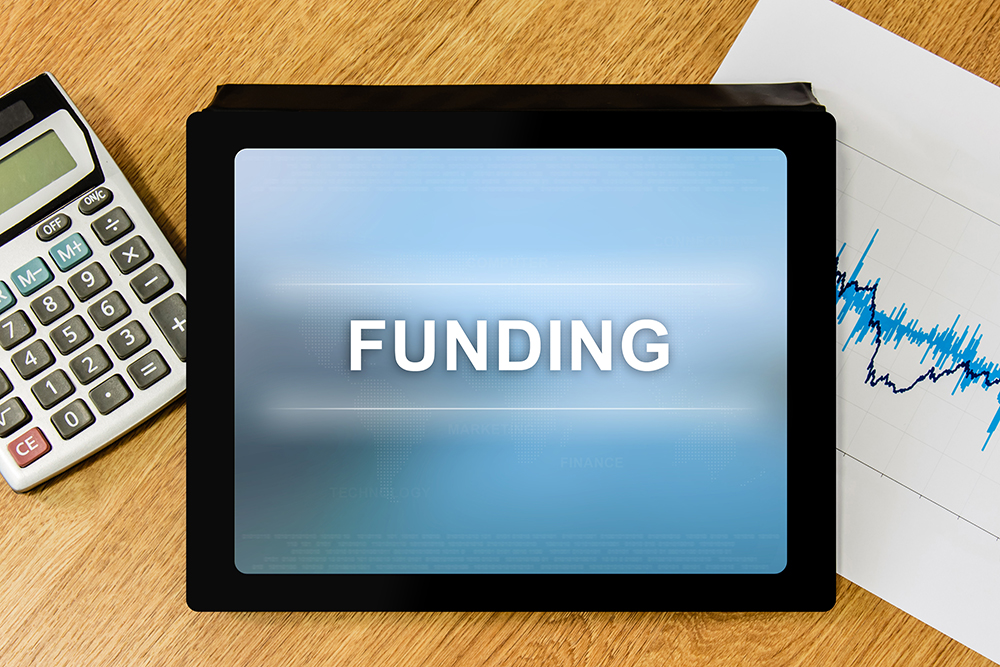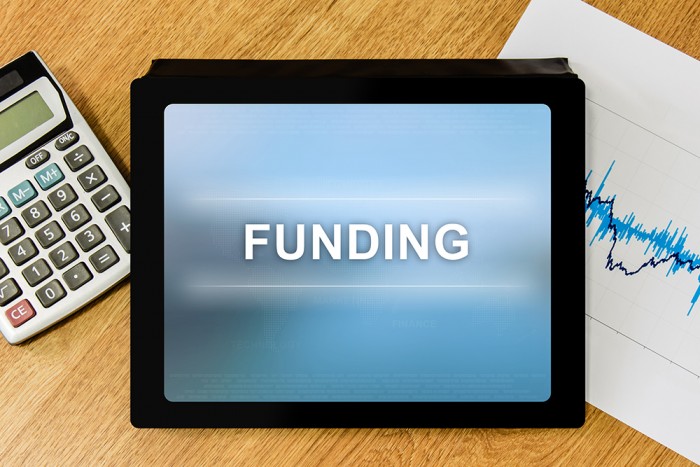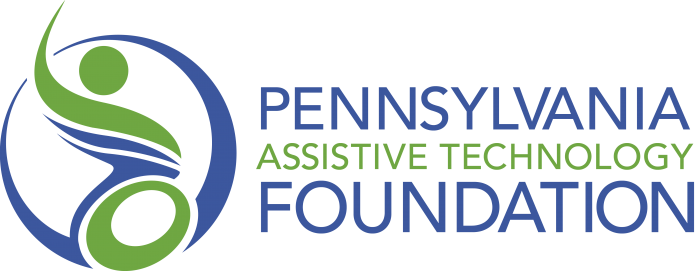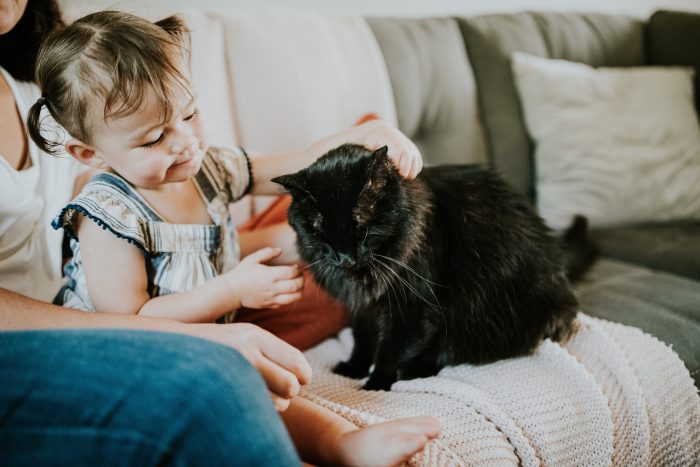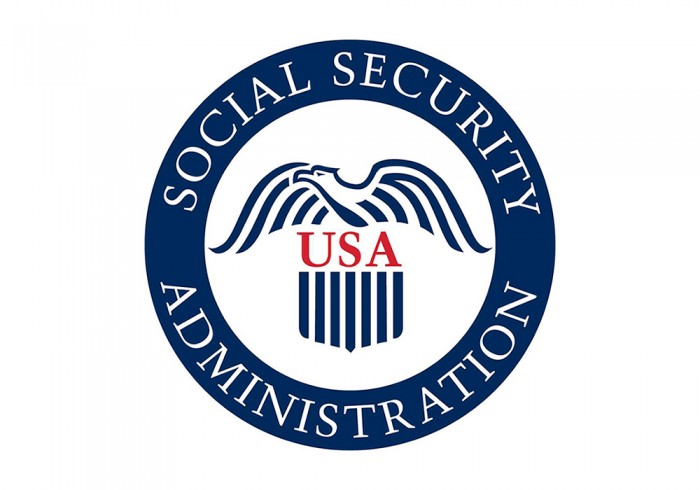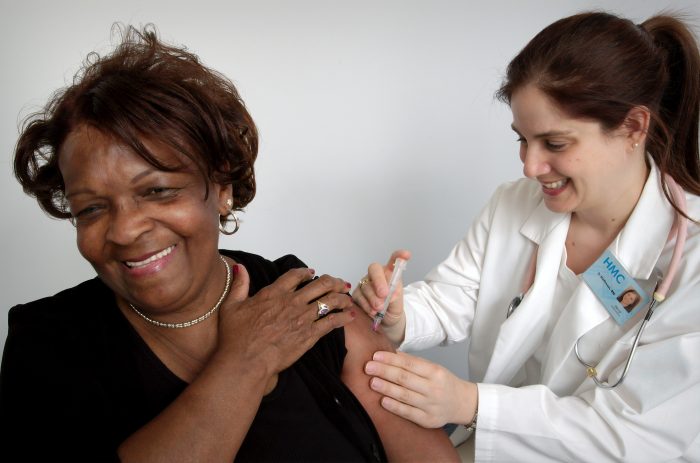DDAP Announces Substance Abuse Funding Opportunities through the PA Commission on Crime and Delinquency
The Pennsylvania Commission on Crime and Delinquency (PCCD) recently put out three funding announcements related to the Substance Abuse Education Demand and Reduction Act. Non-profit organizations are eligible to apply for all three solicitations; however, the Categories Two and Three Funding Announcement is more specific in what type of nonprofit can apply.
Substance Abuse Education and Demand Reduction Category 1 Funds – Adult and Youth Focus
- The Office of Justice Programs announces the availability of Substance Abuse Education and Demand Reduction (SAEDR) Category One funds for the implementation of new projects focused on the adult community through the release of the 2020 Substance Abuse Education, Category 1 – Adult funding announcement. Funding is available for nonprofit organizations to provide research-based approaches to prevention, intervention, training, treatment, and education services to reduce substance use or to provide resources to assist families in accessing these services.
- PCCD is accepting applications for funding under the state Substance Abuse Education and Demand Reduction (SAEDR) Fund, which exists to support projects designed to educate the public about the dangers of substance abuse and/or reduce demand for these substances. The act mandates the use of SAEDR funds to award grants in specifically defined categories to eligible organizations. Funding is available for nonprofit organizations to serve youth with research-based or evidence-based approaches to prevention, intervention, training, treatment, and education.
Substance Abuse Education and Demand Reduction Category Two and Three Funds
The Pennsylvania Commission on Crime and Delinquency’s (PCCD) Office of Justice Programs announces the availability of Substance Abuse Education and Demand Reduction (SAEDR) Category Two and Category Three funds to support the implementation of strategies aimed at combating opioid/heroin overdoses in Pennsylvania communities. Under this solicitation, funds are being made available for projects designed to educate the public about the dangers of substance use and/or reduce demand for these substances under the following two categories:
- Category Two funds are intended to educate youth, caregivers of youth, and employers about the dangers of substance abuse. They are also intended to increase the awareness of the benefits of a drug-free Pennsylvania through media-related efforts that may include public service announcements, public awareness campaigns, and media literacy. Special consideration will be given to projects that focus on the use of opiates within the commonwealth.
- Category Three funds are intended to educate employers, unions, and employees about the dangers of substance use in the workplace. They are also intended to provide comprehensive drug-free workplace programs and technical resources for businesses, including, but not limited to, training for working parents to keep their children drug-free.
For more information about PCCD grants, please visit the PCCD website. If you are interested in receiving notices when PCCD funding announcements become available, please sign up for notifications here.
Mini-Loan Pilot Program Launches Monday, January 18
UPDATED – Vaccination Information for OLTL Home and Community-Based Services Providers

Cats May Improve Social Skills in Kids with Autism
PA Interactive Vaccine Provider Map
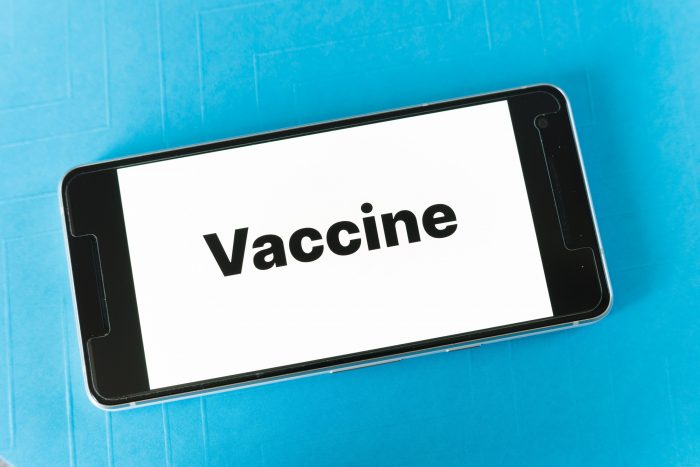
Yesterday, the Wolf Administration launched an interactive vaccine provider map. This map shows enrolled vaccine providers and indicates which providers have received vaccines to date. In addition to highlighting the status of vaccines available, this map also includes contact information to connect Phase 1A eligible individuals who are not affiliated with a hospital/health system with vaccines.
The map is also provided on the Department of Health’s (DOH’s) main COVID-19 vaccine page. DOH will continue to update this resource as information becomes available.
The Arc of PA Discovery Training
End Overdose Together – Free Narcan Training and Free Narcan Kit
Social Security Administration 2021 Cost of Living Adjustment Impact on Room and Board for IDD Programs
The Office of Development Programs (ODP) Announcement 21-002 provides notice that the Federal Supplemental Security Income (SSI) payment will increase beginning in January 2021. This will impact providers who collect room and board such as residential habilitation or life-sharing services through the Consolidated, Community Living, and Adult Autism Waivers. It will also impact providers of base-funded residential habilitation and life-sharing services.
To account for the new cost of living adjustment (COLA), room and board contracts should be reviewed to determine the appropriate adjustment. The following room and board contract (DP 1051) is found on the ODP website by following this path: Resources> Intellectual Disability> Forms.
Beginning on July 1, 2020, the requirements for room and board as established in 55 Pa. Code Chapter 6100 must be followed. ODP is in the process of replacing the DP 1051 form to reflect Sections §§6100.681-6100.694 that providers will begin to use. The present DP 1051 will continue to be accepted as current until the annual due date or until a change requires that a new form be completed.
COVID Vaccination Indications and Contraindications
The Pennsylvania Department of Health (DOH) is supplying guidance on COVID-19 vaccination for providers. The information in 2021- PAHAN- 545- 01-06- ADV should be used to supplement other relevant guidance documents and guide the implementation of public health expectations for vaccine providers.
Key messages included in the guidance include:
- There are two mRNA vaccines with 90 – 95 percent efficacy in preventing clinical COVID-19 currently available through an Emergency Use Authorization (EUA) by the Food and Drug Administration (FDA) in the United States.
- The only absolute contraindication to COVID-19 vaccination is a history of an immediate allergic reaction to either COVID-19 vaccine or any of their components.
- Severe adverse reactions are uncommon, but vaccine providers should be prepared for this rare event.
- Vaccine providers should report all adverse events following vaccination to the Vaccine Adverse Event Recording System (VAERS).
- All COVID-19 mitigation measures should continue to be followed after vaccination.






